Purdue University and NSF Launch New Center for Visual Structural Expertise
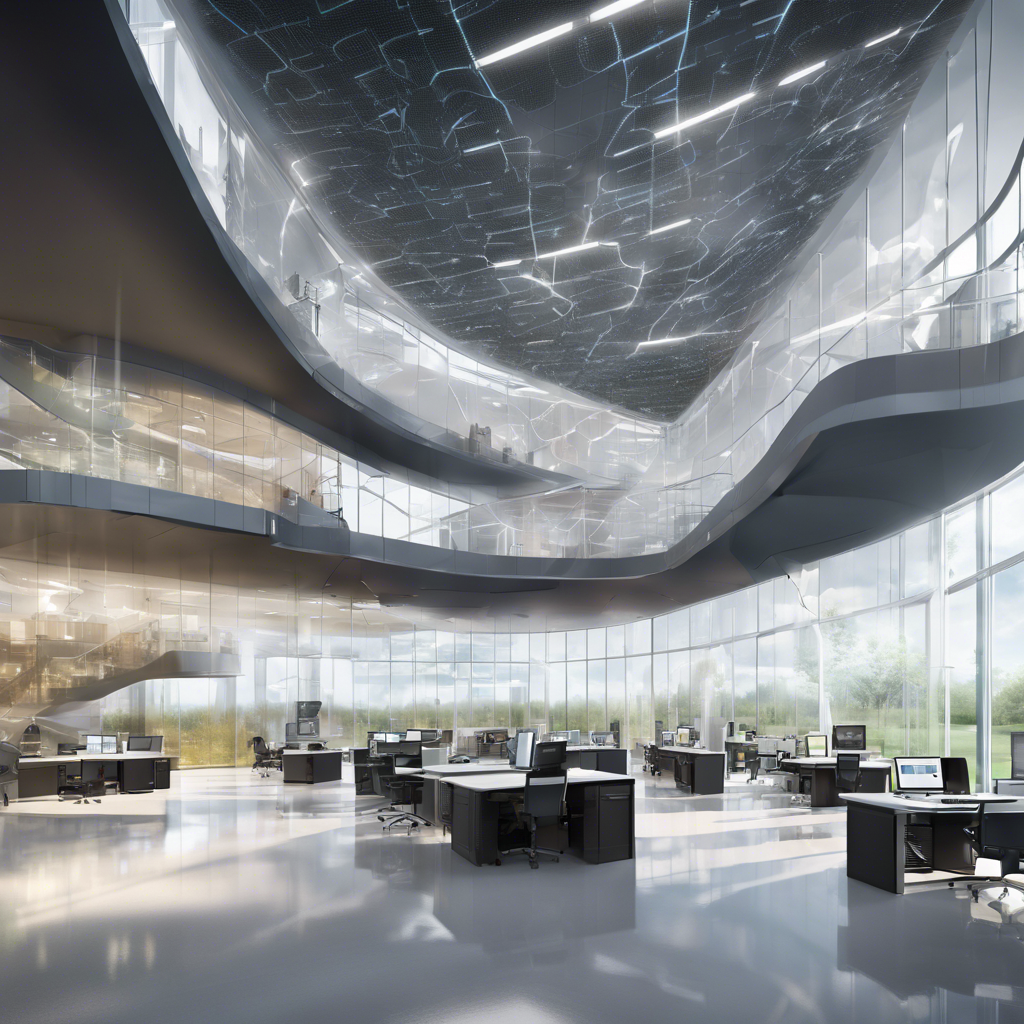
Purdue University's School of Mechanical Engineering recently announced a collaboration between the National Science Foundation (NSF) and a team led by professors Shirley Dyke, Julio Ramirez, and Thomas Hacker from Purdue Polytechnics' computer and information technology department. The joint effort aims to establish the Center for Visual Structural Expertise for Resilience (C-ViSER). According to Julia Davis, who works at the mechanical engineering department, C-ViSER is an Industry-University Cooperative Research Center (IUCRC) designed to enhance collaborations among industry, government, and academic researchers. The center will operate at two locations, Purdue University and the University of Houston, and a workshop is scheduled to take place in Houston on October 21-22 to promote the center's objectives and foster partnerships between industry and academia. The foundation for C-ViSER is built upon the advancements made by the Purdue team, including the development of the Automated Reconnaissance Image Organizer (ARIO) tool.
ARIO utilizes machine learning algorithms to efficiently categorize a vast number of images in mere seconds. The tool is primarily utilized for the evaluation of architectural and structural designs to identify areas of vulnerability. This data is highly applicable in scenarios of natural disasters, and previous collaborations of the Purdue team include partnerships with the Mid-America Earthquake Center, Network for Earthquake Engineering Simulation (NEES) Network, Natural Hazard Engineering Research Infrastructure (NHERI) Network, Multi Hazard Engineering Collaboratory, Hybrid Simulation (MECHS), and NASA. Hacker acknowledged that, together with his graduate student Zhiwei Chu, he has collaborated on multiple NSF-funded projects with the Purdue team over the course of several years, all aimed at discovering novel applications of machine learning in the field of civil engineering. For the complete story, please refer to the source linked below. Source: [insert source link here]
Brief news summary
The National Science Foundation is collaborating with professors from Purdue University and the University of Houston to establish the Center for Visual Structural Expertise for Resilience (C-ViSER). The center aims to maximize relationships between industry, government, and academia by fostering partnerships through an Industry-University Cooperative Research Center (IUCRC) model. The Purdue team has already made progress in this area, with the development of the Automated Reconnaissance Image Organizer (ARIO) tool, which uses machine learning algorithms to quickly analyze and organize large sets of architectural images. This tool can be used to identify potential weaknesses in building designs and aid in disaster response efforts. The Purdue team has previously collaborated with various organizations such as the Mid-America Earthquake Center and NASA, and has received funding from the NSF for multiple projects related to machine learning applications in civil engineering.
AI-powered Lead Generation in Social Media
and Search Engines
Let AI take control and automatically generate leads for you!

I'm your Content Manager, ready to handle your first test assignment
Learn how AI can help your business.
Let’s talk!
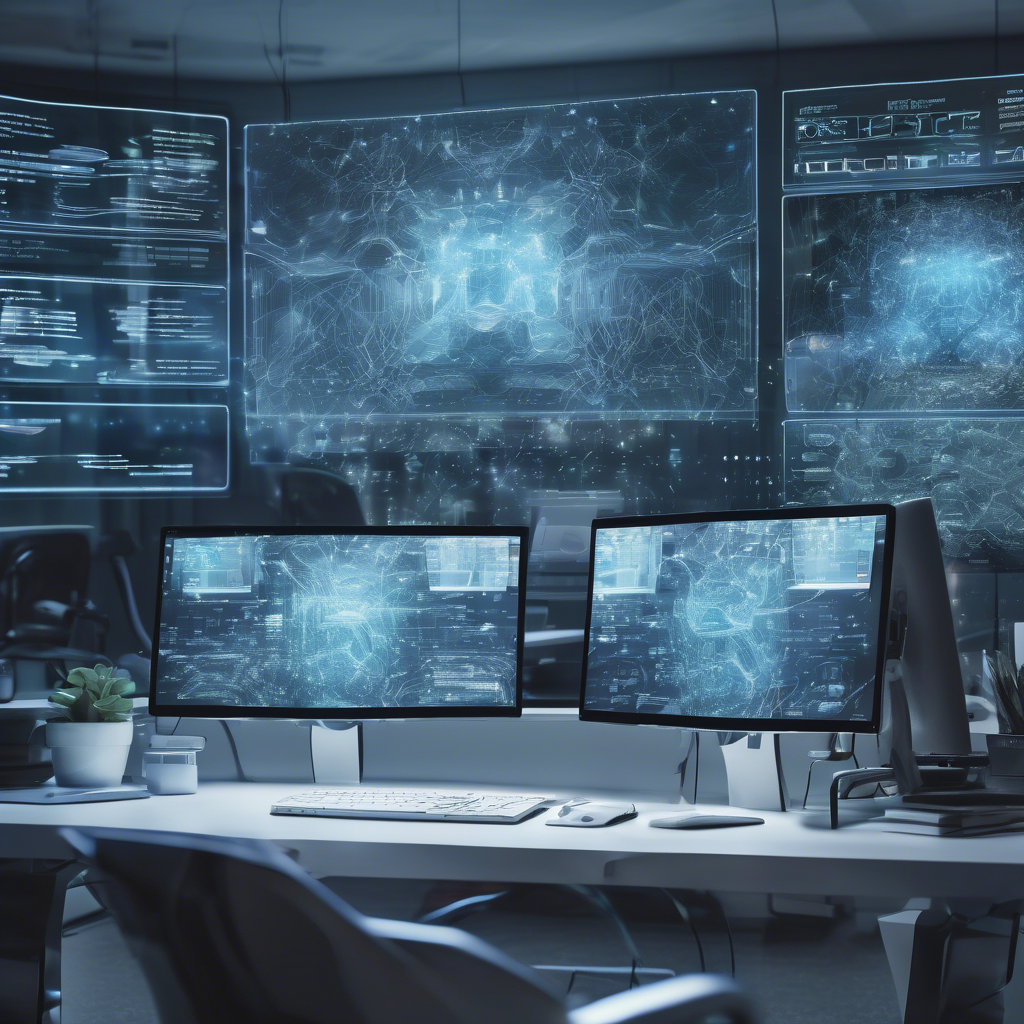
What Happens When People Don't Understand How AI …
The widespread misunderstanding of artificial intelligence (AI), especially large language models (LLMs) like ChatGPT, has significant consequences that warrant careful examination.

Scalable and Decentralized, Fast and Secure, Cold…
In today’s fast-changing crypto market, investors gravitate toward blockchain projects that blend scalability, decentralization, speed, and security.

Blockchain in Education: Revolutionizing Credenti…
The education sector faces significant challenges in verifying academic credentials and maintaining secure records.
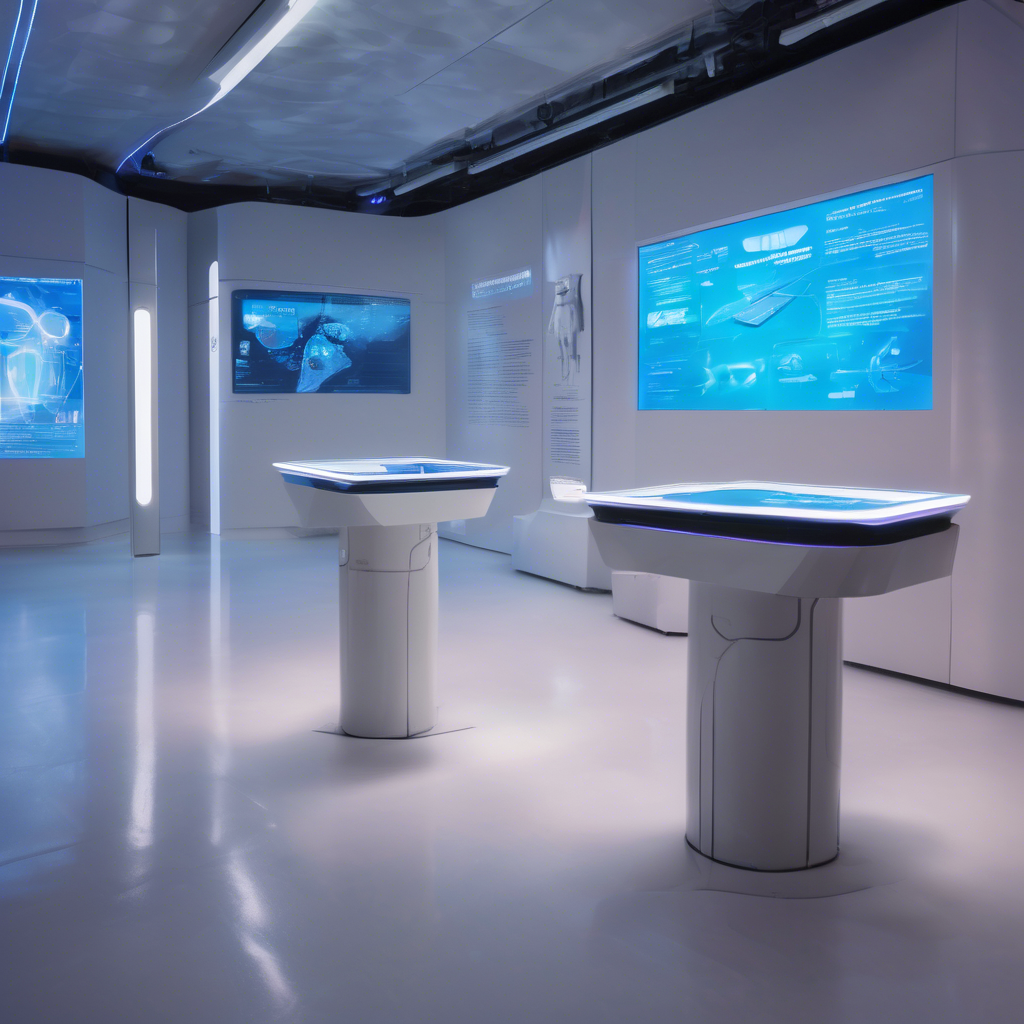
Exploratorium Launches 'Adventures in AI' Exhibit…
This summer, San Francisco’s Exploratorium proudly presents its newest interactive exhibition, "Adventures in AI," aimed at delivering a thorough and engaging exploration of artificial intelligence to visitors.

Google Unveils Ironwood TPU for AI Inference
Google has unveiled its latest breakthrough in artificial intelligence hardware: the Ironwood TPU, its most advanced custom AI accelerator to date.
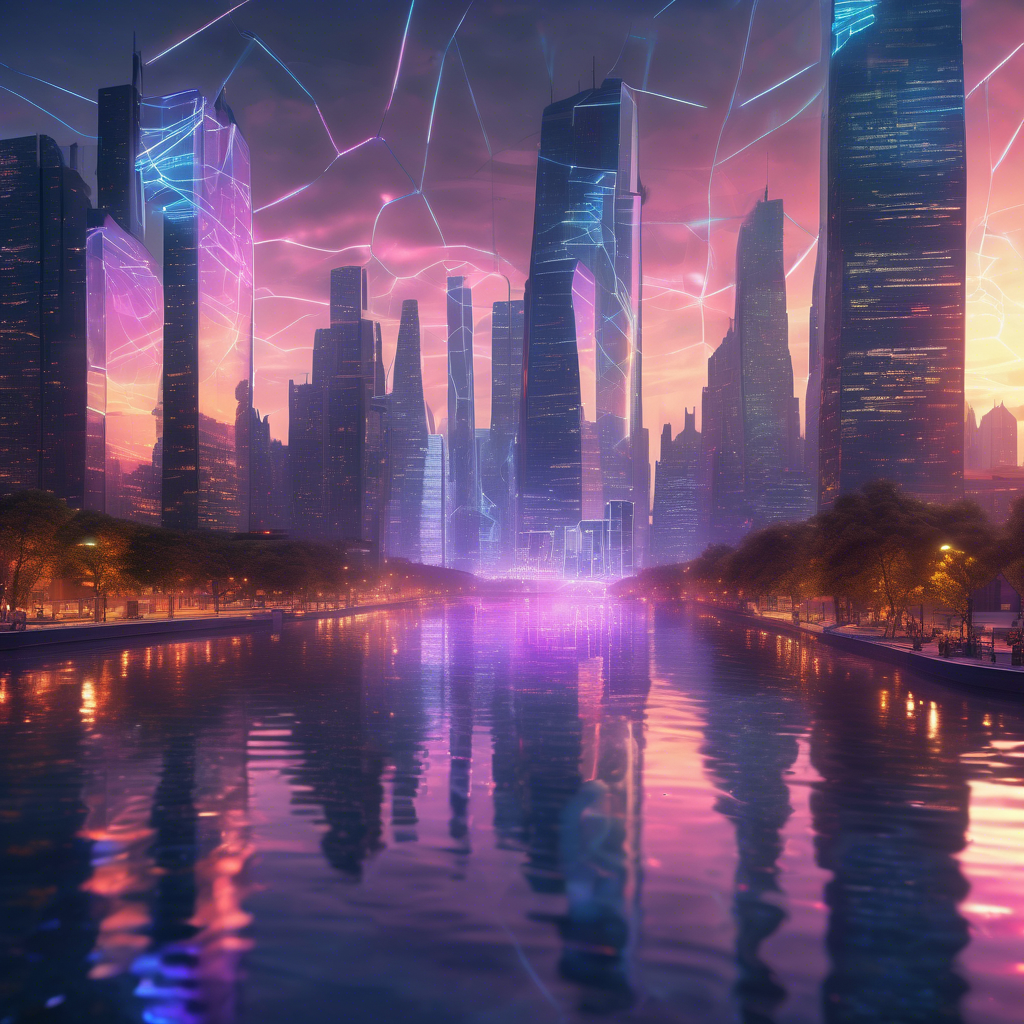
Beyond the Noise: The Quest for Blockchain's Tang…
The blockchain landscape has matured beyond early speculation into a domain requiring visionary leadership that bridges cutting-edge innovation with real-world utility.
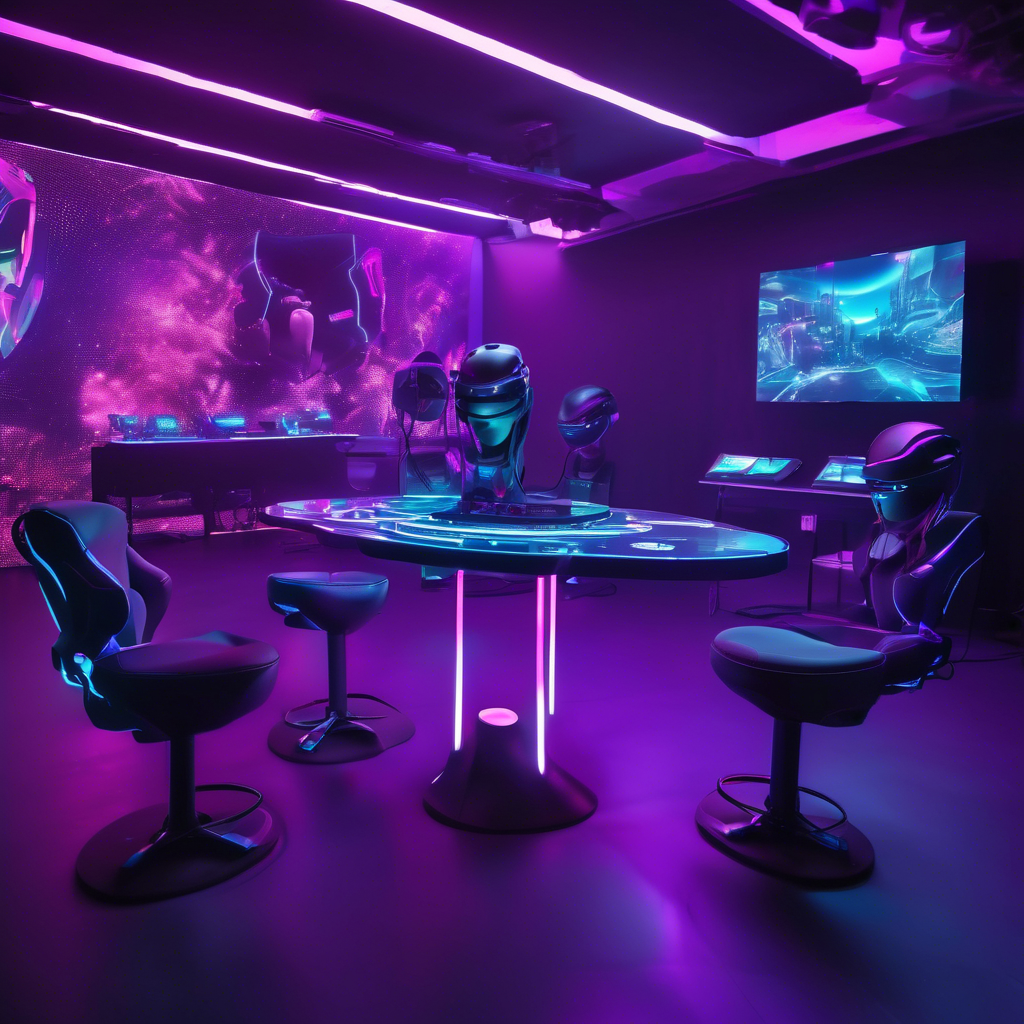
AI in Entertainment: Creating Virtual Reality Exp…
Artificial intelligence is transforming the entertainment industry by greatly enhancing virtual reality (VR) experiences.

 Auto-Filling SEO Website as a Gift
Auto-Filling SEO Website as a Gift








 Auto-Filling SEO Website as a Gift
Auto-Filling SEO Website as a Gift

